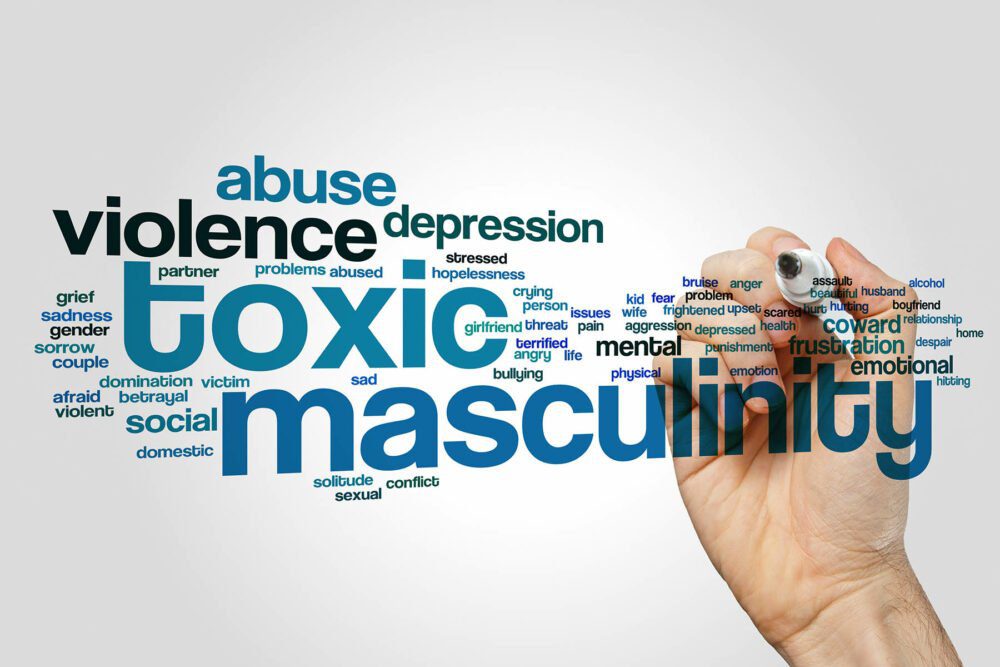I had buck teeth and a stutter, making me a target for all kinds of bullies. I was called names, hit, kicked, spit on, etc. I had my possessions taken and destroyed. I dreaded going to school.
As a sixth-grader, I remember playing shirts and skins basketball and noticing I had bruises going up and down my arms from being punched.
I didn’t know it at the time, but a lot of kids – up to 77 percent of them – believe themselves to be victims of bullying.
Being bullied takes a huge toll on self-esteem, academic performance, and future job prospects. Students of color suffer from bullying at greater percentages than white students.
And for LGBTQ+ students, the situation is a crisis. Nearly three-fourths of LGBTQ youth have reported being bullied due to their sexual orientation or gender expression.
Unlike a lot of other bullied kids, I wasn’t afraid to punch a bully in the nose. Though I won more fights than I lost, I also learned the wrong lesson: to handle my anger with my fists. In other words, I became connected to toxic masculinity early on.
The fight that sticks out to me the most was with a bully who eventually became a Division 1 running back. One day, I punched him in the face. He was so caught off guard, he just stood there. And I kept punching.
As the initial victim, I never got in trouble. This taught me to forcefully stand my ground, but it reinforced my own dependence on my fists to solve problems.
If you’ve been bullied, you probably already know this: Once you’re marked as one of the “losers,” it sticks with you.
So even though I thrived at soccer and swimming, my teammates found something else to tease me about. Such as my acne.
I continued to get into fights. Freshmen year, I punched a kid in the mouth for calling me a demeaning childhood nickname. Junior year, I was suspended for punching a kid who tried to kick me in the stomach and hide my equipment.
I was the victim of bullying. But still, I was adopting the same attitude as my tormentors: toxic masculinity.
As men, we’re taught to be tough. Never cry. Don’t show weakness or fear. The only appropriate emotion that one can express is anger. The most important rule to follow: “Don’t be a pussy. and don’t act like a ‘girl.’ ”
Trying to take on this attitude, while countering my bullies, I became a hard person. For years, I found it next to impossible to cry unless someone died. I was closed down, and it affected all parts of my life.
During my 20s, I had issues with drugs and alcohol. My scholastic goals were delayed.
I’m divorced, and I’ve had trouble maintaining romantic relationships. I didn’t even admit my bisexuality to myself until I was almost 40. Sometimes, I think I lack the capacity to maintain a long-term relationship. I’ve had trouble with interpersonal conflict at work.
Toxic masculinity causes men to become closed-off, shells of human beings. We are rewarded for being aggressive and dominating other people. But you can escape it.
For me, the keys have been a supportive family, a switch to a plant-based diet, regular exercise, and receiving treatment for clinical depression. And also, being able to spot a bully a mile away.
It is imperative that our society solves this problem, as we are already seeing the worst-case scenario with the rise of the Incel Movement.
Incel is shorthand for “involuntary celibate” and refers to someone who wishes to have sex but is unable to find a willing partner. Men who follow this hateful ideology have undertaken savage acts of violence against innocent people.
The Patriarchy harms men as well. It tells them they must fit into rigid gender roles and should bottle up their emotions. Men must reject this. We must speak to the young men coming behind us and hold each other accountable.
If you’re struggling with your mental health, it takes a strong person to reach out and seek help. A good resource to start, if you’re traditionally employed, is the Employee Assistance Program at your job. This allows you to have six free counseling sessions per year.
If you need more after that, you can be referred to another counselor. If you need immediate help, the Iowa Help Line is available 24/7 and can refer you to a counselor for long-term treatment.
I also recommend “Feeling Good: The New Mood Therapy” by Dr. David D. Burns, and mentalhelp.net to better understand what you’re dealing with.


